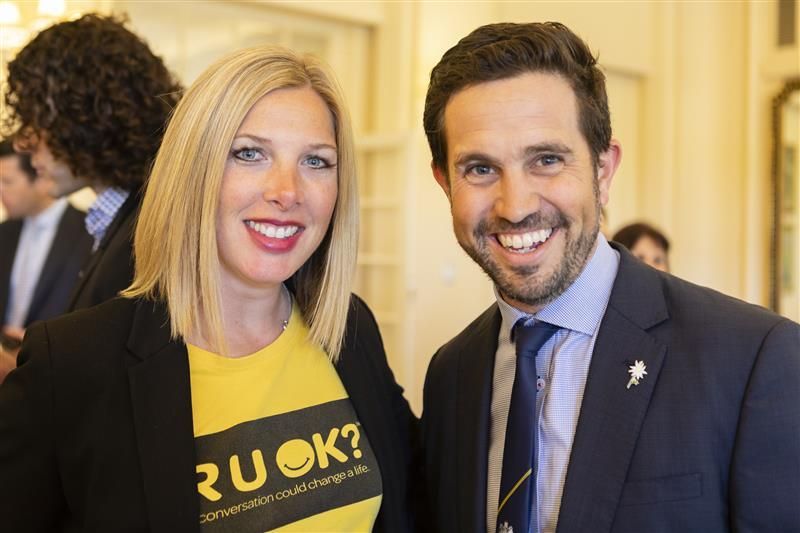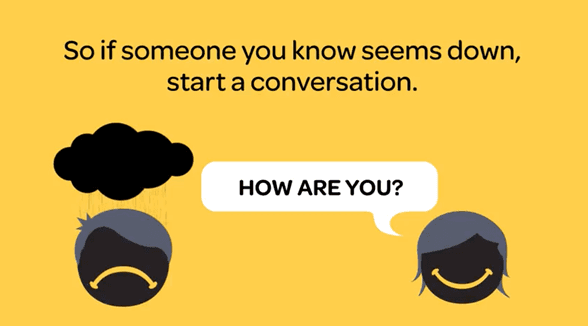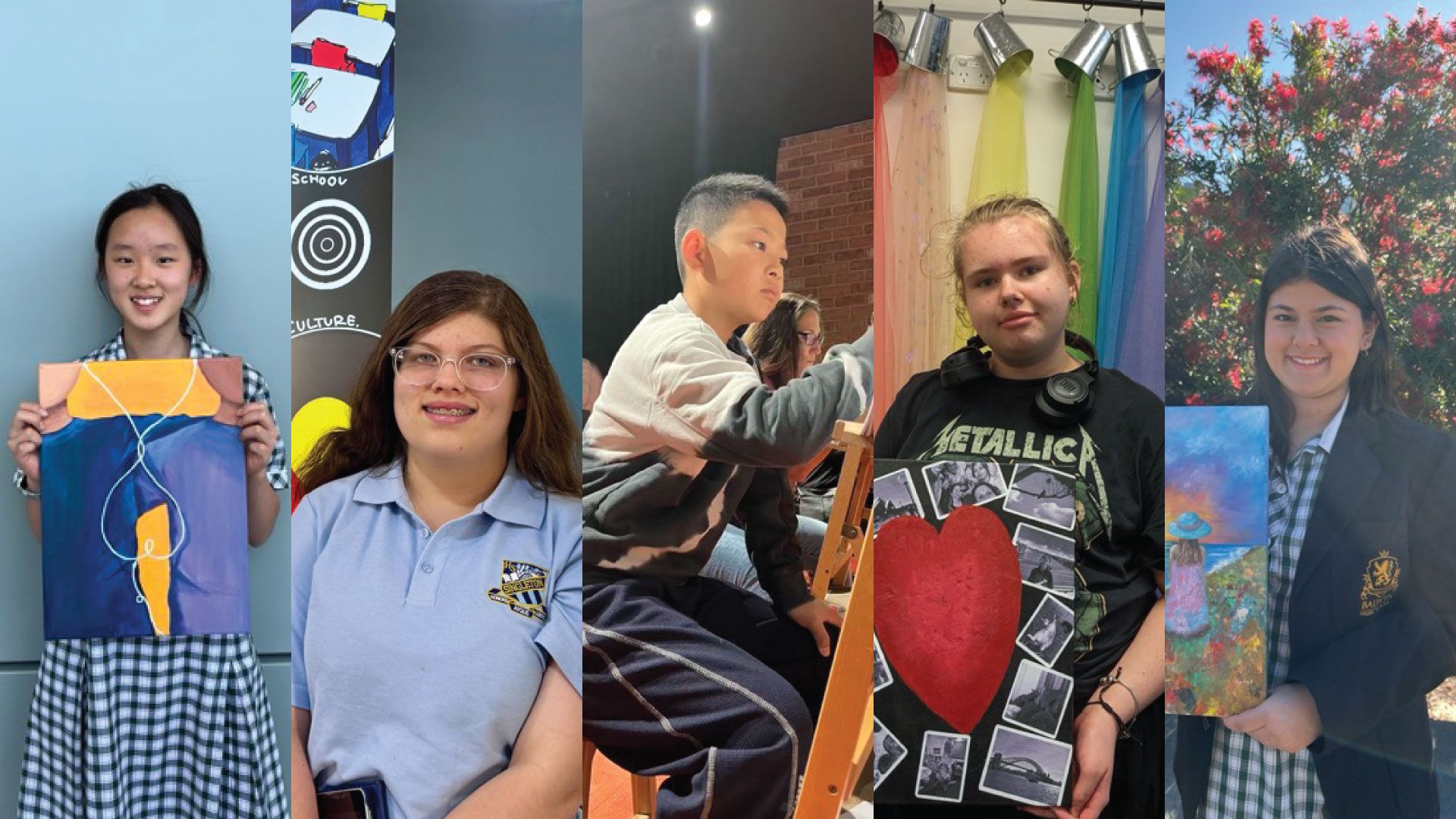by Katherine Newton
•
16 October 2025
After ten years of teamwork, partnerships, growth, and countless conversations, I will be stepping down as CEO from 1 December 2025. It has been an extraordinary privilege to contribute to the growth of this movement and to witness meaningful change before my eyes. Gavin Larkin founded R U OK? because he believed conversation has the power to change lives. One seemingly simple question, when asked with genuine intent and care, can start a meaningful and sometimes complex conversation. And that’s what Gavin wanted. For people to look beyond responses of “I’m fine” or “All good” and ask, “Are you really OK?”. The notion of going deeper with conversations, of asking a second time, of trusting our guts and moving past our hesitation - is being grasped and moving beyond one day to any day. Whilst saying “G’day how are you?” will always be a greeting - we can do more. When Gavin lost his father to suicide he wanted to try and protect other families from the pain his endured. He wanted to get people talking and having real chats about how they’re feeling with their mates, their family and their colleagues. In locker rooms, lunch rooms, and lounge rooms across the nation. But he approached it from a different angle. Gavin wanted all of us to have the confidence to support the people we care about who might be struggling with life. To make conversations a natural part of our behaviour, to openly show our signals of support. So as R U OK? generations continue to evolve, my chapter is coming to a close. How fortunate I am to have been part of the story. From hesitant glances during presentations in 2015 to queues of people waiting for a conversation in 2025. From yellow wigs in the office, to welcoming yellow-swathed Ambassadors to share their lived experience. From yellow coffee cups in a café, to yellow cars driving into communities nationwide. And yes, there’s been a few cupcakes along the way. Social change is happening, and we are all a part of it. No one organisation can prevent suicide, no one individual can save everyone - but the power of many can make a difference.






















